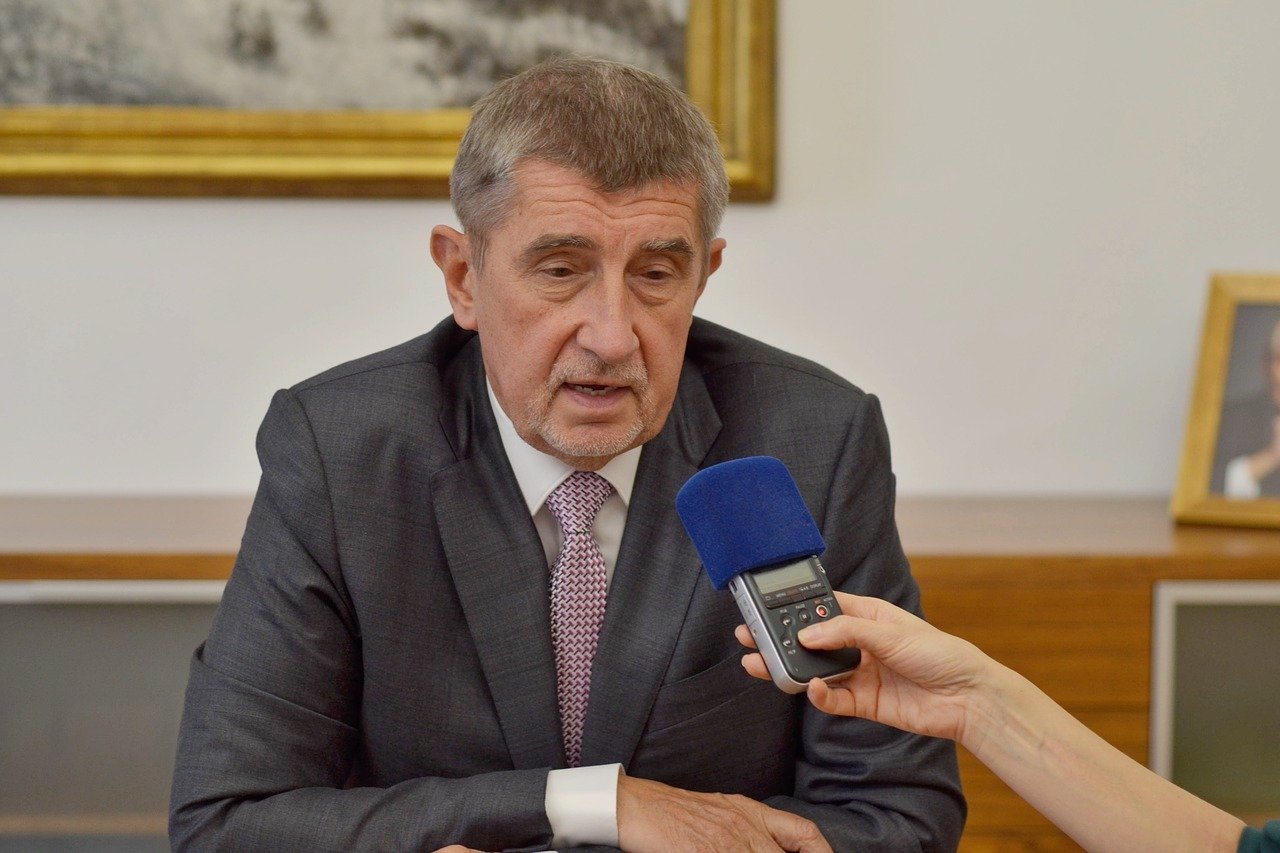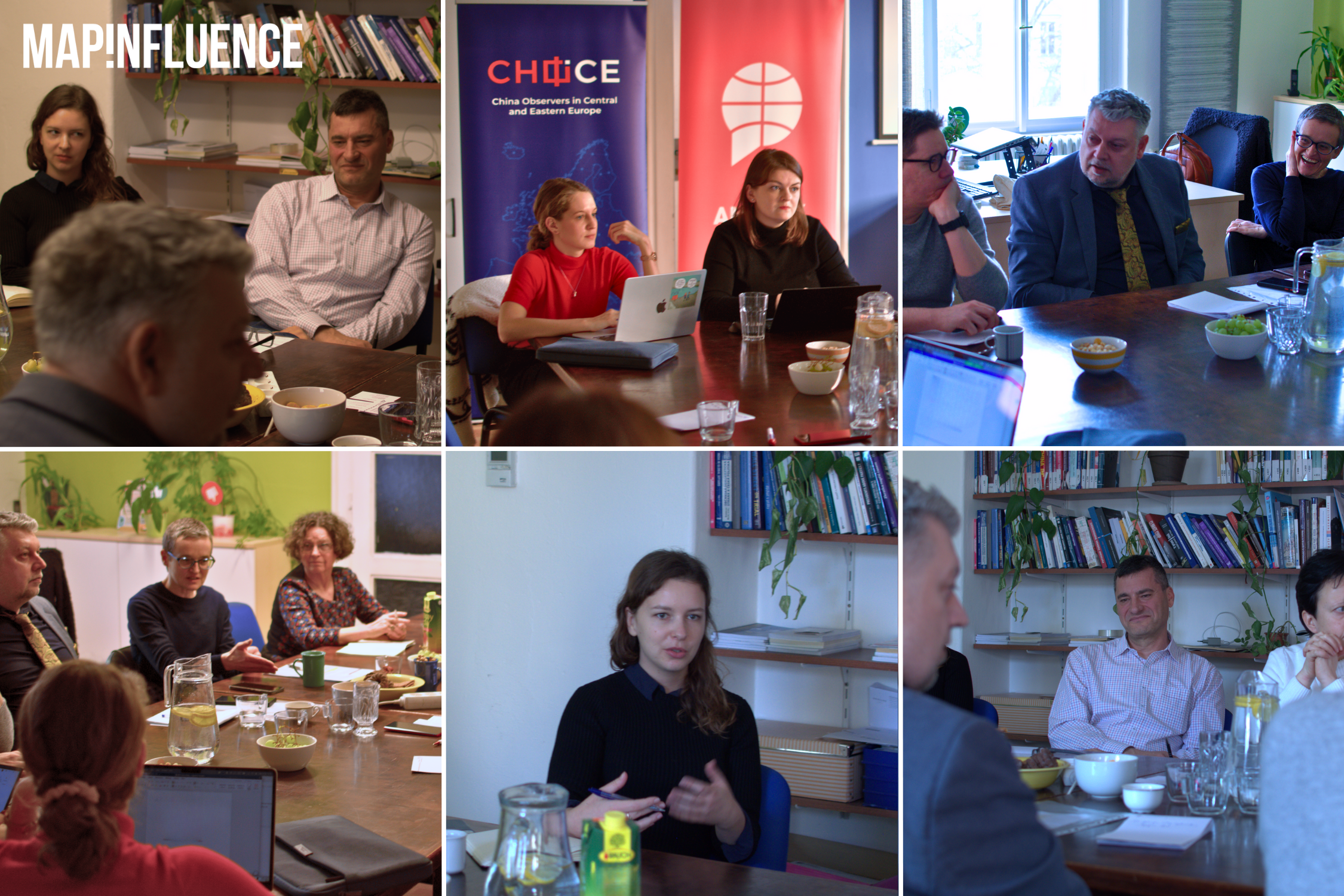This commentary was originally published by CEIAS and is republished here with permission.
While in both Czech general and presidential elections, held in 2017 and 2018 respectively, China featured heavily in the political debates, this election was distinctively different. China as a political issue has faded away and almost disappeared.
Yet it may very well return on the agenda once the winning coalition of Together (Spolu) and PirSTAN (Piráti a Starostové) form the government. It is highly possible, yet unconfirmed at this stage, that the next Minister of Foreign Affairs will come from one of the winning coalitions. If that happens, I expect Czech China policy to change in two ways – in substance and in processes.
Both winning coalitions’ programs indicated that the Czech foreign policy will mostly focus on transatlantic ties and the European Union. When China was directly or indirectly mentioned, it was not perceived in a positive light. The programs called for strategic independence of Czech projects and companies, the exclusion of China from the buildup of the second block of the Dukovany nuclear power plant, and general support of human rights issues. The programs also hit upon greater cooperation in trade, diplomacy, or innovation with Taiwan, support for the Three Seas Initiative, and battling against disinformation and hybrid threats.
Thus I expect the Czech China policy not only to be more skeptical on China, more forthcoming to Taiwan, and, occasionally (when trade interests allow), also more confrontational.
The election may also impact the way how Czech China policy is conducted. The current Prime Minister Andrej Babiš has been rather indifferent to China in the past years. His disinterest allowed other Czech players to develop China initiatives and policies of their own. Thus, Czech foreign policy has displayed an interesting array of actors and interests. One line on China policy has been conducted by President Zeman. Another has been directed by the Ministry of Foreign Affairs led by the Social Democrats, a minor coalition partner, which is now out of the parliament. The weak position of the MFA created a void that was quickly filled by yet another, this time individual, players like Prague Mayor Zdeněk Hřib or the Senate President Miloš Vystril.
The victory of the center and center-right parties in the Czech election can help Czech foreign policy to speak again with a single voice, a crucial task ahead of the Czech EU presidency next year.
Image: Pixabay


